Projects
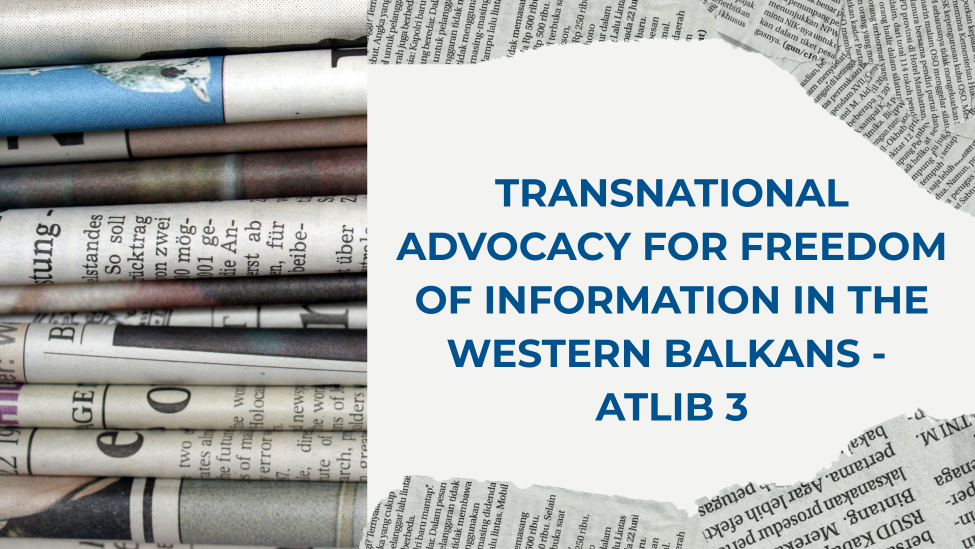
Start date: 01/12/2025
End date: 30/11/2026
Funder: MAECI
Operational unit: OBC Transeuropa
Transnational Advocacy for Freedom of Information in the Western Balkans – ATLIB 3
This project focuses on the link between the rule of law, media freedom, and the EU enlargement process in the Western Balkans. After focusing on Albania and Serbia (ATLIB 1) and on Montenegro and North Macedonia (ATLIB 2), the third edition will examine Bosnia and Herzegovina, an EU candidate since 2022, and Kosovo, considered a potential candidate for accession.
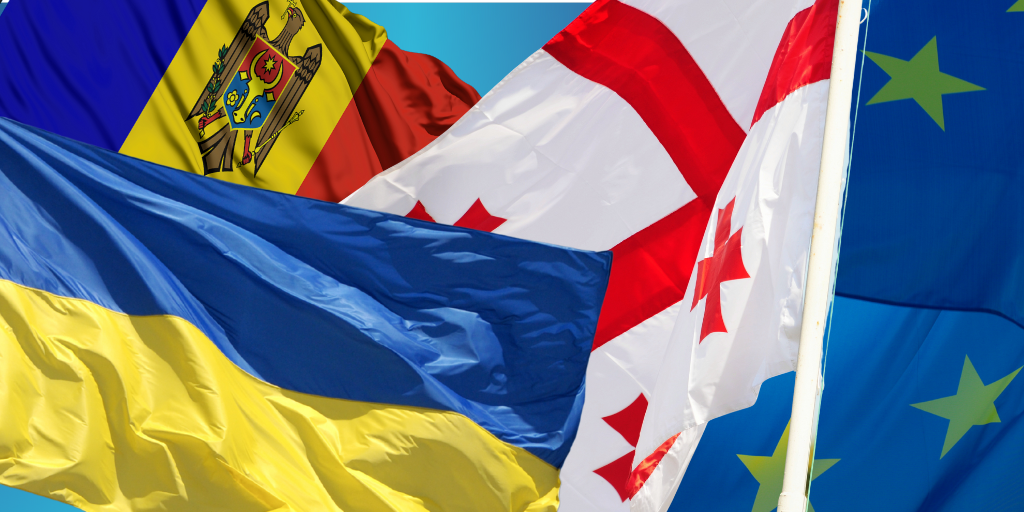
Start date: 01/10/2025
End date: 30/06/2026
Funder: MAECI
Operational unit: OBC Transeuropa
InteGraLe – Western Balkans vi-à-vis the Trio: single market, cohesion and regional policy for gradual integration into the EU
The extension of the European integration perspective to Ukraine, Moldova, and Georgia, known as the Trio, occurred shortly after the introduction of the idea of a gradual integration of the Western Balkan candidate countries into certain EU policies and sectors. This gradual integration is based on existing bilateral agreements between the candidate countries and the EU, namely the Stabilization and Association Agreements and the Accession Agreements/Deep and Comprehensive Free Trade Area. In this context, the project aims to compare the two types of agreements, highlighting their differences and opportunities, in order to propose concrete solutions for gradual integration. The research also intends to explore the proposal for an earlier integration of these countries into the European cohesion policy, in order to reduce potential externalities resulting from the candidates' gradual accession to the European single market.

Start date: 01/10/2025
End date: 30/09/2026
Funder: UE
Operational unit: OBC Transeuropa
EuSEE – Advancing EU cohesion coverage across South-East Europe
The EuSEE project - Advancing EU cohesion coverage across South-East Europe - aims to inform on the contribution of cohesion policy, Union's main funding instrument for reducing socioeconomic disparities between European regions, promoting growth and improving quality of life. Since 2021, we have been exploring and reporting on the various realities, challenges, and initiatives promoted by cohesion policy in the territories of South-Eastern Europe, and we continue to do so, from the Greek islands to the Carpathian Mountains of Romania.

Start date: 01/04/2025
End date: 31/12/2026
Funder: InCE
Operational unit: OBC Transeuropa
Media Advocacy Action for Moldova (MAAM): Empowering Moldova’s Public Watchdogs to Safeguard Media Freedom
Recognizing the vital role that a free, independent, and diverse media landscape plays in sustaining democratic societies, MAAM is dedicated to empowering media professionals and fostering an open and pluralistic media environment in Moldova. The project aims to establish a collaborative platform connecting Italy, Moldova, and Romania, while promoting Moldova’s alignment with European standards on freedom of information and media pluralism, and strengthening its public watchdogs. In doing so, MAAM contributes to the country’s path toward European integration.
Specifically, MAAM enhances transnational exchanges among civil society organizations through targeted capacity-building and advocacy activities directed at legal experts, activists, and independent media professionals. At the same time, it fosters mutual learning and innovation by encouraging cross-border and cross-sector collaboration—creating meaningful exchanges and lasting impact for both beneficiary and contributing organizations.
MAAM is a collaborative initiative led by Osservatorio Balcani Caucaso Transeuropa (OBCT), in partnership with the Independent Journalism Center (IJC) in Moldova and ActiveWatch in Romania.
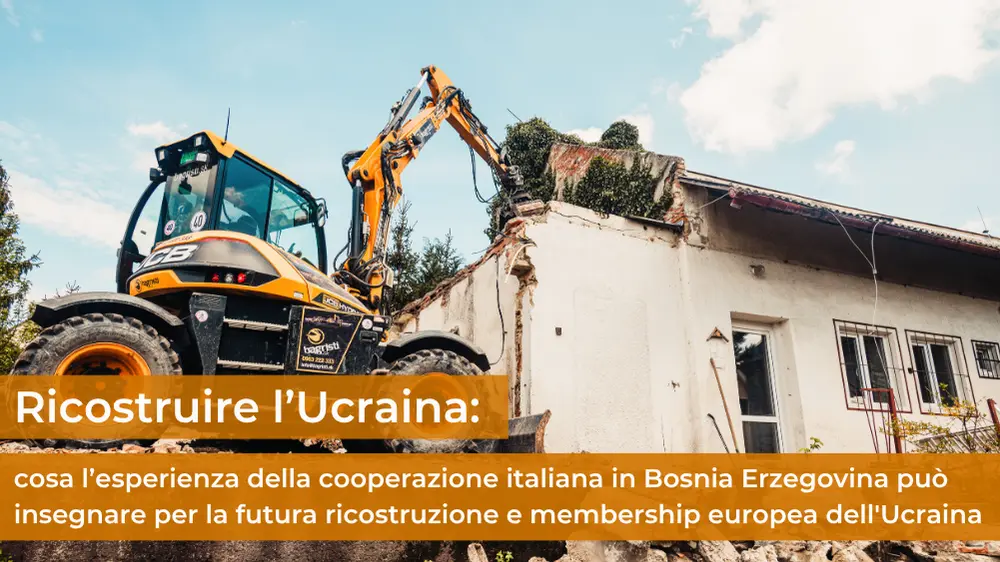
Start date: 01/11/2024
End date: 30/06/2025
Funder: Ministero degli Affari Esteri italiano
Operational unit: OBC Transeuropa
Ricostruire l’Ucraina: cosa l’esperienza della cooperazione italiana in Bosnia Erzegovina può insegnare per la futura ricostruzione e membership europea dell’Ucraina
The project addresses the issue of Ukraine's post-war reconstruction from the perspective of the return of refugees and displaced persons. The potential connection between return, contribution to reconstruction, and the role of civil society is explored through a diachronic approach. It begins with the experience of Italian civil society engagement in the post-war period in Bosnia and Herzegovina, and continues with the current situation in Ukraine, analyzing the propensity to return/contribution of those who fled and the role of Italian NGOs.
The project is led by Cespi in partnership with OBCT/CCI and implemented with the contribution of the Analysis, Programming, Statistics, and Historical Documentation Unit of the Ministry of Foreign Affairs and International Cooperation, pursuant to Article 23-bis of Presidential Decree 18/1967.
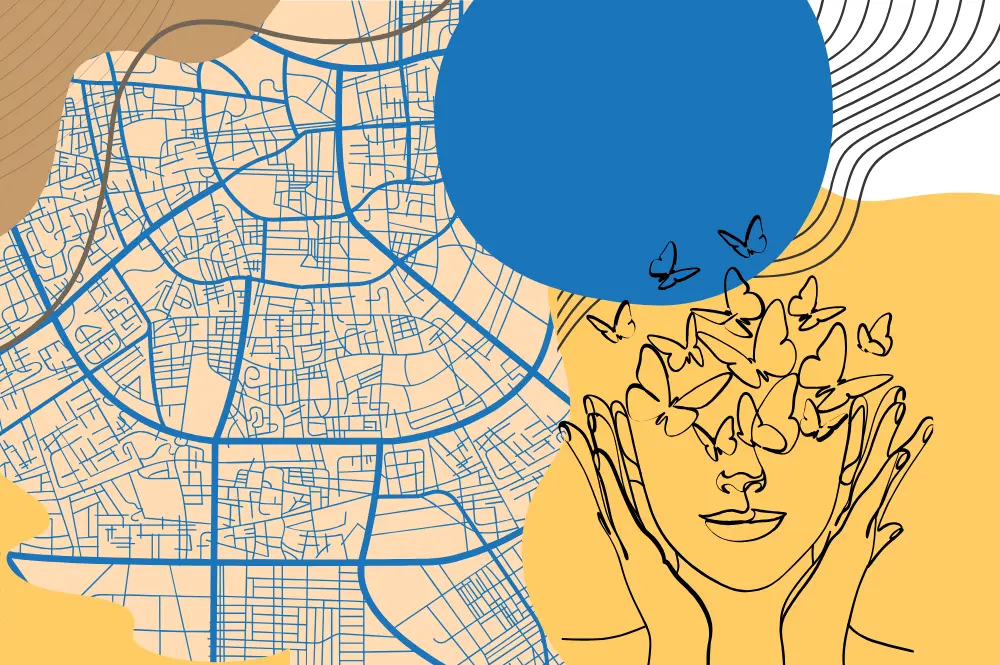
Start date: 01/03/2025
End date: 28/02/2026
Funder: UE
Operational unit: OBC Transeuropa
Trancityons
The "Trancityons" project is coordinated by the University of Bologna and aims to foster a new awareness of the role of urban space in democratization processes. By examining cities as dynamic centres of diverse identities, religions, and social dynamics, the project explores how urban environments can drive democratic change or resist authoritarian tendencies.
The historical and comparative perspective focuses on democratic transitions in Italy after World War II and Eastern Europe and post Yugoslav wars. This analysis provides insights into the development of national democratic systems and the promotion of European Union principles, aiming to explore the role of urban contexts in democratic transitions, emphasizing the importance of memory in understanding present phenomena.

Start date: 01/09/2024
End date: 30/06/2025
Funder: Ministero degli Affari Esteri italiano
Operational unit: OBC Transeuropa
Advancing EU Enlargement: Italy’s Role and Strategic Convergence on the Western Balkans’ Integration
The integration of the Western Balkans is back on the agenda as a geostrategic priority for the EU following Russia’s large-scale aggression against Ukraine. In this context, the European Council has provided new impetus to accession negotiations with EU candidate countries, while the European Commission has sought to capitalise on the momentum for enlargement through the New Growth Plan for the Western Balkans. The conference “Advancing EU Enlargement: Italy’s Role and Strategic Convergence on the Western Balkans’ Integration”, to be held in Rome on 15 April 2025, will assess recent progress, discuss challenges and explore concrete measures to accelerate the process while safeguarding its sustainability.
Organisers: Istituto Affari Internazionali (IAI) and Osservatorio Balcani Caucaso Transeuropa (OBCT), in collaboration with the Ministry of Foreign Affairs and International Cooperation and with the support of the Compagnia di San Paolo Foundation.
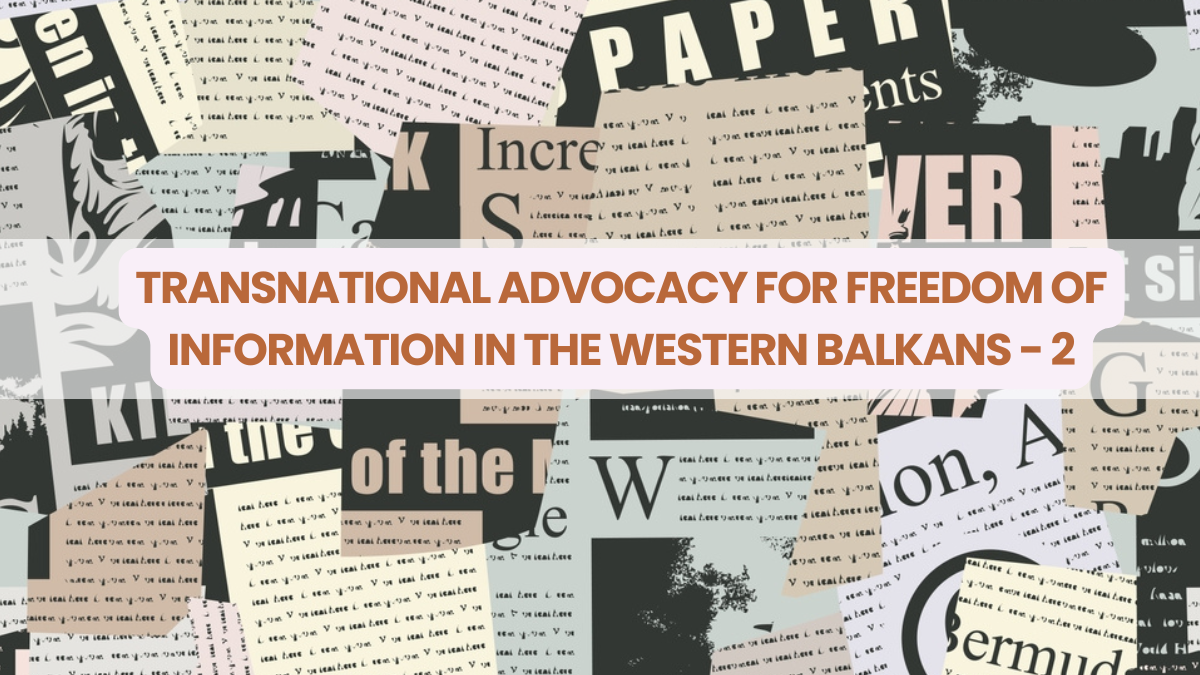
Start date: 04/12/2024
End date: 30/11/2025
Funder: MAECI
Operational unit: OBC Transeuropa
Transnational Advocacy for Freedom of Information in the Western Balkans 2 – ATLIB
Media freedom, independence, and pluralism are fundamental pillars of European democracies. Freedom of speech and journalists' safety is crucial for countries such as Montenegro, North Macedonia, Albania and Serbia that aspire to join the EU. Thanks to the cooperation with local partners, this project intends to contribute to creating a network of Balkan, Italian, and European actors engaged in effective advocacy to protect media freedom in the EU and the countries involved in the integration process.
While the first edition focused on Albania and Serbia, this second edition will investigate media freedom issues in Montenegro and North Macedonia.
Through the exchange of experiences and cooperation in advocacy work together with two local partners - Metamorphosis Foundation in North Macedonia and the Montenegro Media Institute in Montenegro - OBCT will elaborate two shadow reports on the accession negotiations concerning the media sector in the candidate countries, to strengthen the involvement of civil society in the EU accession process focusing on the nexus between media and democracy.

Start date: 01/10/2024
End date: 30/09/2025
Funder: Unione europea
Operational unit: OBC Transeuropa
Cohesion for Climate
Cohesion policy is the main instrument used by the European Union in order to promote social and economic growth, foster convergence between the different regions, and improve the quality of life on the ground. Since 2021 we have been reporting on the challenges faced by the regions of South-Eastern Europe and on initiatives which were promoted thanks to cohesion funds, first with the Work4Future projects and then with Energy4Future. The ‘Cohesion for Climate’ project continues to look at cohesion policy and related challenges, focusing in particular on interventions in the field of environment: prevention of natural disasters, land management, conservation of protected areas and species, and so on.
OBC Transeuropa collaborates in the Cohesion for Climate project together with Il Sole 24 Ore, ISSiRFA/CNR, Monithon and PressOne.
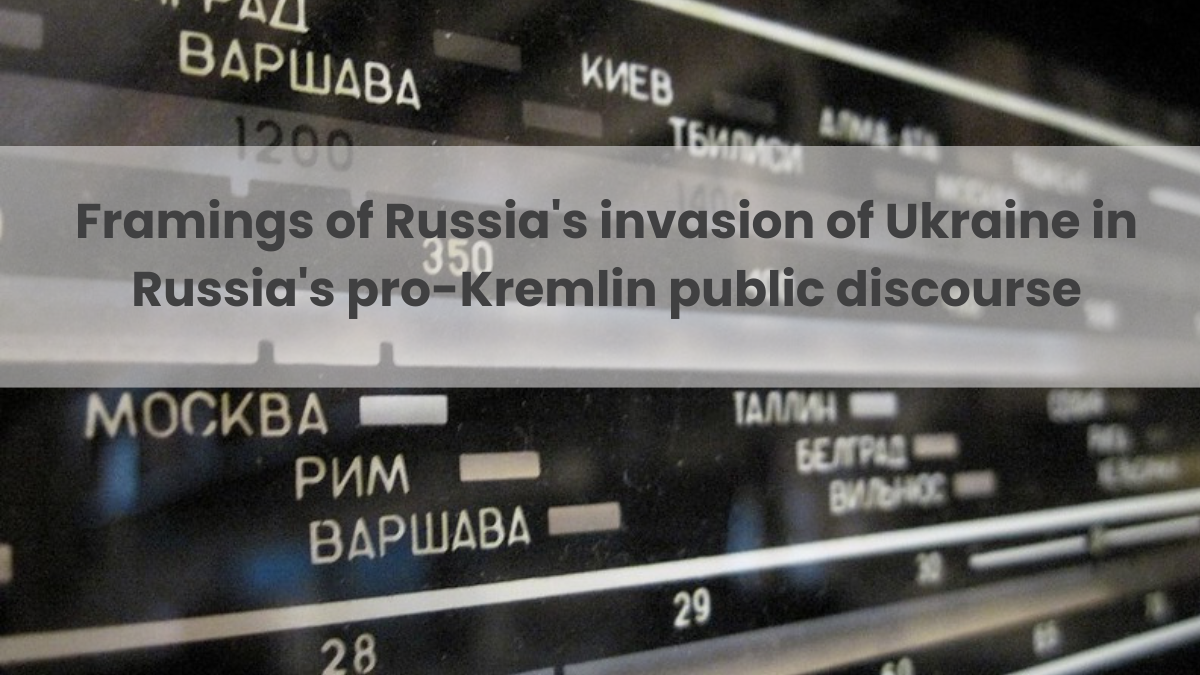
Start date: 01/09/2024
End date: 30/06/2025
Funder: MAECI
Operational unit: OBC Transeuropa
Framings of Russia’s invasion of Ukraine in Russia’s pro-Kremlin public discourse
What are the main framings used in pro-Kremlin public discourse in Russia to characterise its invasion of Ukraine? How do different actors and sources adapt their narratives through time? How do they refer to Ukrainian territories that Russia controls or claims?
This project approaches these questions through the structured analysis of on-line sources, including official publications, media, as well as other digital spaces used in this context.
Textual datasets produced in the course of this project:
Introducing ‘Russian state institutions full-text datasets’ (2024 edition)
Giorgio Comai (2024): Russian state institutions full-text datasets – A collection of corpora based on contents extracted from the websites of Russian state institutions, v. 1.0, Discuss Data, https://doi.org/10.48320/0578D7FE-35F7-4E9E-A29D-926618A5C6BD
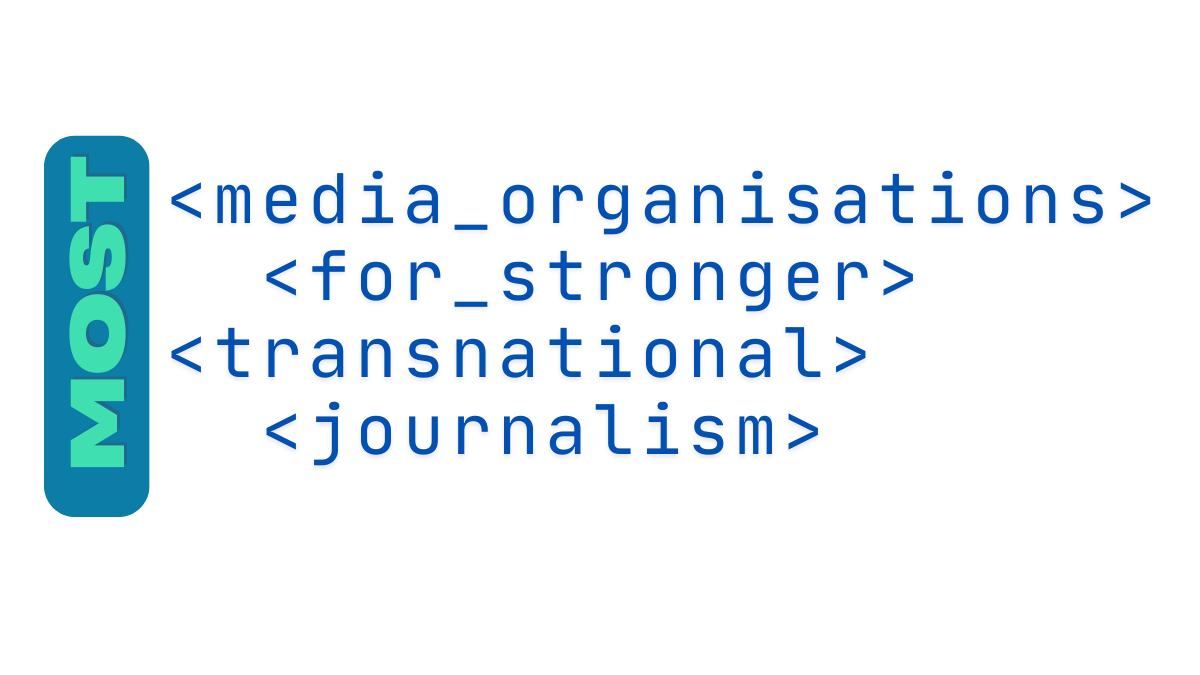
Start date: 01/11/2024
End date: 31/10/2026
Funder: European Union
Operational unit: OBC Transeuropa
MOST – Media Organisations for Stronger Transnational Journalism
The MOST – Media Organisations for Stronger Transnational Journalism - project aims to drive innovation within the foreign reporting sector and strengthen the resilience of non-profit and independent media in their coverage of European issues.
By bringing together six specialised non-profit media outlets and one human rights-focused organisation, the project will establish a collaborative platform for the exchange of knowledge, resources, and content among the participating partners and other media outlets focused on foreign reporting or European topics.
Building on a decades-long commitment to specialised and non-profit reporting, the initiative seeks to enhance the visibility of Southeast and Eastern Europe within the European public sphere, while reinforcing journalistic practices to combat misinformation and disinformation.
Coordinated by OBCT, the hub will promote the exchange of best practices in creative business models, news production, and distribution processes. Additionally, the project will explore the potential of AI and collaboration, encouraging peer-to-peer learning among partners and engaging with the wider community of specialised digital non-profit media.

Start date: 01/03/2024
End date: 31/08/2027
Funder: Unione europea, European Urban Initiative
Operational unit: CSG + OBCT
Station for Transformation – Modelling a train station as a replicable hub for public-civic engagement to tackle climate change and biodiversity challenges
The Station for Transformation (S4T) project rethinks the role of Rovereto railway station and the surrounding area, transforming it into a public-civic hub for joint actions to promote the ecological transition of the Vallagarina area. S4T makes the response to the climate crisis and biodiversity loss accessible and attractive by experimenting with innovative solutions in strategic areas such as sustainable agri-food, social inclusion, green cities, and responsible tourism.
The project also has a transnational dimension, involving three European cities called Transfer Partner Cities - Nova Gorica (Slovenia), Granada (Spain) and Piraeus (Greece) - to encourage the exchange of practices and knowledge and develop replicable models inspired by the experience of Rovereto, where the disused areas of the station will be transformed into hubs of innovation, promotion of good practices and community involvement.
In addition to coordinating the transnational work, the CCI, through its OBCT Operational Unit, will produce a slow journalism series, including articles, news reports, interviews, and multimedia content, documenting challenges and solutions in different European contexts and showing how different realities can address common problems to tackle climate change.
More information on the project website: stationfortransformation.eu
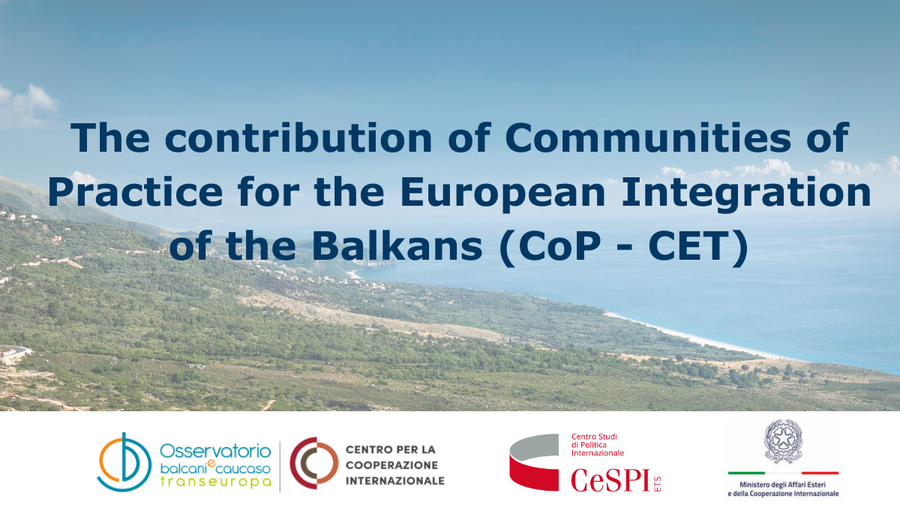
Start date: 01/09/2024
End date: 30/06/2025
Funder: MAECI
Operational unit: OBC Transeuropa
The contribution of Communities of Practice for the European Integration of the Balkans (CoP – CET)
The project explores how Communities of Practice born out of the implementation of Interreg projects and participation in EUSAIR policy fora can further the European integration of the Western Balkans. EU enlargement has returned to the center of the European political agenda as a geostrategic project for the security of the continent, but without active involvement of the territories it is unlikely to come to fruition. In addition to the already earmarked IPAIII funds, in early 2024 the EU introduced the Western Balkans Growth Investment Plan, allocating six billion euros to support the candidates' internal reform processes. At the same time, the European Territorial Cooperation (ETC) and the EU Strategy for the Adriatic and Ionian Region (EUSAIR) also provide resources for innovation and sustainable development, actively involving the territories. The project is implemented in collaboration with CeSPI - Center for International Policy Studies.

Start date: 01/03/2024
End date: 28/02/2026
Funder: European Union
Operational unit: OBC Transeuropa
PULSE – Europe beyond the beat
PULSE - Europe beyond the beat è un'iniziativa giornalistica transnazionale che adotta un approccio collaborativo alla produzione editoriale. PULSE riunisce 10 importanti media nazionali e 3 organizzazioni mediatiche transnazionali (OBCT, n-ost, Voxeurop) unite nella missione di promuovere la sfera pubblica europea. In due anni, saranno pubblicate oltre 2.000 storie in diversi formati e in almeno 12 lingue per raccontare gli affari europei da prospettive nuove e molteplici e dedicando particolare attenzione a Paesi, regioni e gruppi sociali sotto-rappresentati, tra cui le aree rurali, i Paesi UE medio-piccoli, le minoranze.

Start date: 01/10/2023
End date: 30/06/2024
Funder: MAECI
Operational unit: OBC Transeuropa
New Visions for the Western Balkans – 2
The EU and the Western Balkans are in the process of preparing for new EU enlargements. To this end, the EU has just adopted a New Growth Plan for the Western Balkans, that is supposed to increase their participation in the European Single Market. This intermediate step towards EU membership should open new opportunities of economic cooperation for both public and private actors, sustain Western Balkans’ internal reforms, as well as accelerate their path towards full integration in the EU. At the same time, the Western Balkans are expected to start contributing more substantially to the economic and geopolitical security of the EU, to deal with increasingly complex regional and global environments. Nonetheless, progresses of the EU enlargement will also remain conditional to the success of EU internal reforms, to make its policies, budget and institutions fit for an enlarged Union.
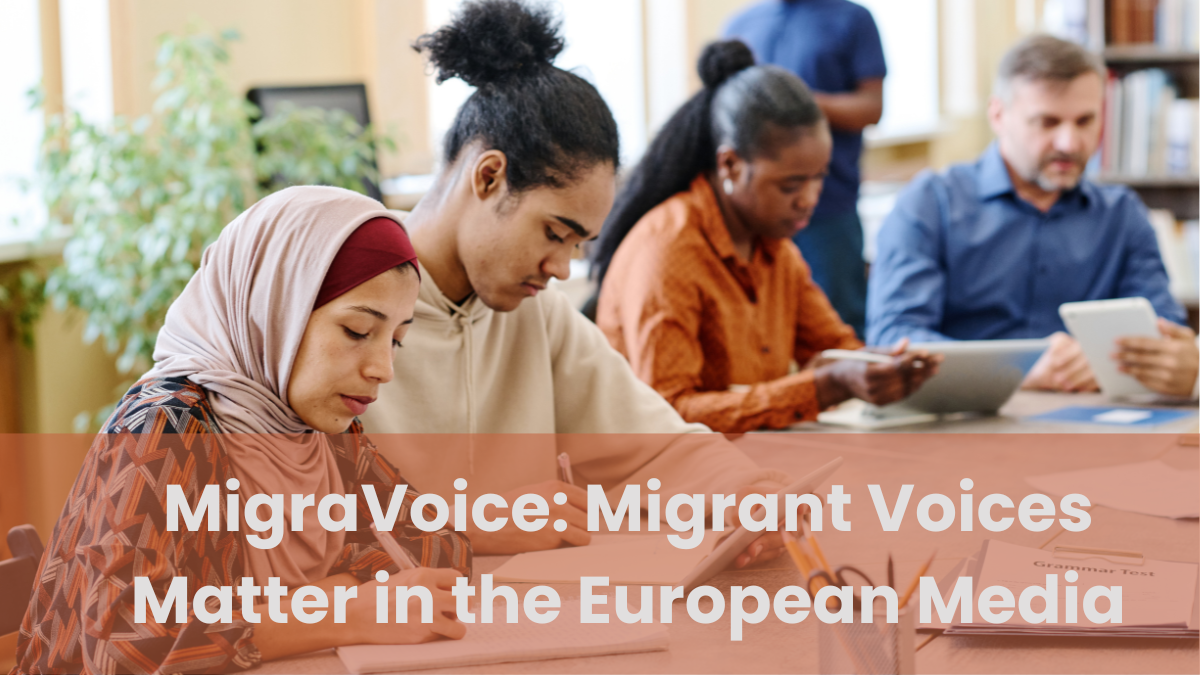
Start date: 01/01/2024
End date: 30/09/2025
Funder: Unione europea
Operational unit: OBC Transeuropa
MigraVoice: Migrant Voices Matter in the European Media
"MigraVoice: Migrant Voices Matter in the European Media" is a project co-funded by the European Union, in collaboration with six prominent European media organisations. The project aims to amplify the voices and perspectives of migrants in Europe within the European media and information space, by promoting active participation of individuals with migration backgrounds in the creation of high-quality media content for European audiences in both traditional and social media formats. Migravoice represents a crucial step towards fostering inclusivity, diversity, and authenticity in journalism and the media content that Europeans consume. By empowering those with a migration background to share their perspectives, MigraVoice not only enriches the media landscape but also contributes to a more vibrant and inclusive European society.

Start date: 01/12/2021
End date: 31/12/2025
Funder: European Union
Operational unit: OBC Transeuropa
FIRE-RES Innovative Technologies and Socio-Ecological-Economic Solutions for FIRE RESilient Territories in Europe
Due to climate change, large forest fires are becoming an increasingly serious threat in many regions of Europe. The multi-year project FIRE-RES – an acronym that stands for "Innovative technologies and socio-ecological-economic solutions for fire resilient territories in Europe" aims to develop and disseminate effective solutions to prevent and manage fires of extreme magnitude, intervening on many levels and in different phases. It is co-financed by the European Union under the Horizon 2020 programme and is coordinated by the Forest Science and Technology Centre of Catalonia; 34 organisations from 13 countries participate, including OBC Transeuropa. In addition to journalistic content, OBCT contributes with dissemination, training, and awareness-raising campaigns, thanks to its growing experience in the field of communication of scientific research and journalism on environmental issues.
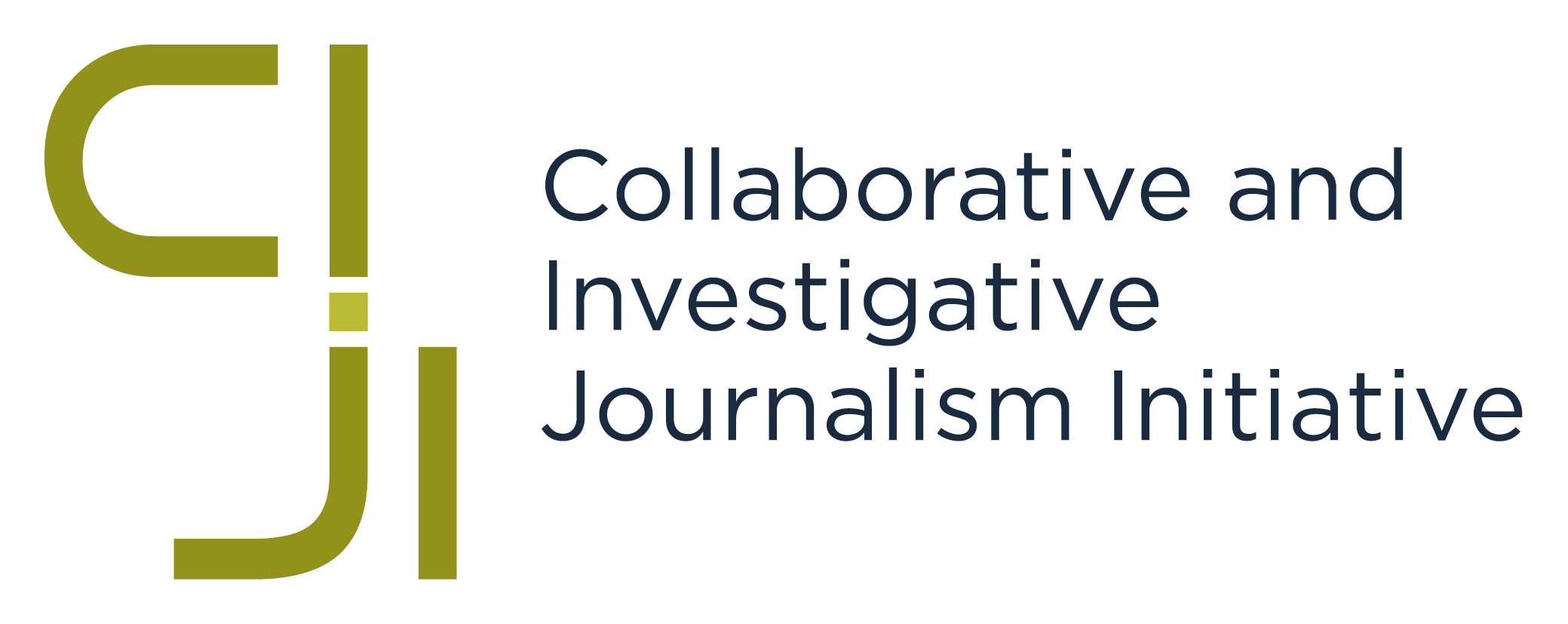
Start date: 01/07/2023
End date: 30/06/2025
Funder: European Union
Operational unit: OBC Transeuropa
Collaborative and Investigative Journalism Initiative
The Collaborative and Investigative Journalism Initiative (CIJI) supports independent media and freelance journalists in Europe through training, mentoring, funding and the exchange of knowledge and best practices. It also provides structured networking opportunities to strengthen collaborative and investigative journalism in Europe.
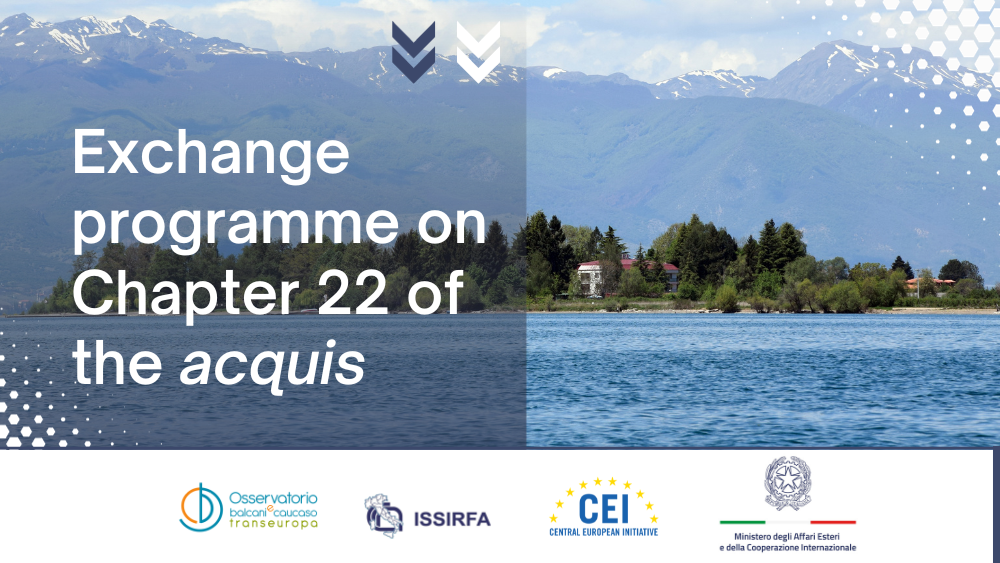
Start date: 01/01/2024
End date: 31/12/2024
Funder: InCE
Operational unit: OBC Transeuropa
Exchange programme on Chapter 22 of the acquis
Chapter 22 deals with Regional Policy and expects candidate countries to align their national legislation with the European acquis regarding structural and cohesion funds, with the aim to foster economic, social, and territorial development of less developed regions. The implementation of the Regional Policy requires adequate administrative capacity for the proper use of financial instruments and the implementation of related projects.
Focusing on the planning phase of the Cohesion Policy, OBCT together with ISSiRFA CNR is carrying out two projects aimed at promoting training and exchange of know-how and expertise with the national authorities of four Balkan countries candidate to the European Union.
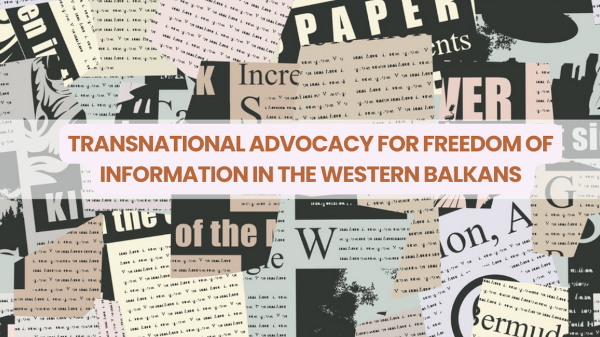
Start date: 04/12/2023
End date: 30/11/2024
Funder: MAECI
Operational unit: OBC Transeuropa
Transnational Advocacy for Freedom of Information in the Western Balkans – ATLIB
Transnational Advocacy for Freedom of Information in the Western Balkans – ATLIB. Media freedom, independence, and pluralism are fundamental pillars of European democracies. Freedom of speech and journalists' safety is crucial for countries such as Albania and Serbia that aspire to join the EU. Thanks to the cooperation with two local partners, this project intends to contribute to creating a network of Balkan, Italian, and European actors engaged in effective advocacy to protect media freedom in the EU and the two countries involved in the integration process.
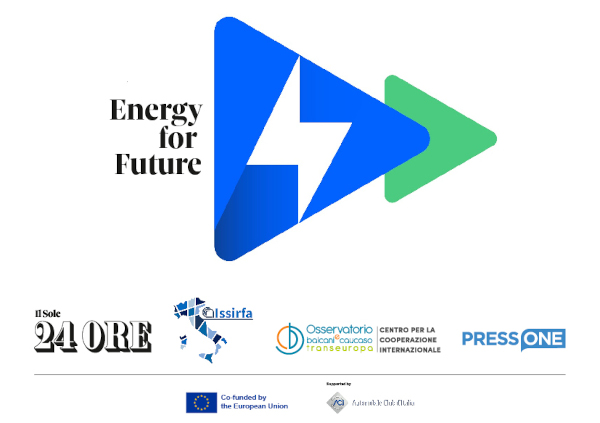
Start date: 01/10/2023
End date: 30/09/2024
Funder: European Union
Operational unit: OBC Transeuropa
Energy4Future
Cohesion policy is the European Union’s main tool for promoting economic growth and social welfare, by achieving a more homogeneous level of development across its territories and by particularly stimulating less developed and depressed regions. In 2021-2023, we have illustrated through the Work4Future project the challenges faced by South-Eastern European regions and the initiatives promoted thanks to cohesion funds. Building on this experience, we continue our engagement with the Energy4Future project that aims to explore and narrate the support that cohesion funds provide to counter energy crisis and energy poverty and by stimulating energy transition at the European level. OBC Transeuropa contributes to the Energy4Future project together with Il Sole 24 Ore , ISSiRFA/CNR and PressOne.
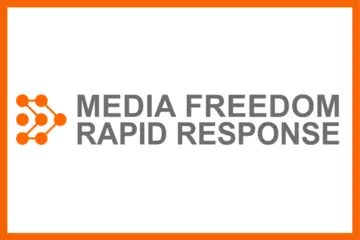
Start date: 01/11/2023
End date: 31/10/2025
Funder: UE
Operational unit: OBC Transeuropa
Media Freedom Rapid Response (MFRR)
The Media Freedom Rapid Response (MFRR) is a Europe-wide mechanism which tracks, monitors, and responds to violations of press and media freedom in EU Member States and Candidate Countries. This project provides legal and practical support, public advocacy, and information to protect journalists and media workers. Osservatorio Balcani Caucaso Transeuropa (OBCT) takes part in the MFRR as partner of a consortium led by the European Centre for Press and Media Freedom (ECPMF) and including ARTICLE 19 Europe, the European Federation of Journalists (EFJ), Free Press Unlimited (FPU) and the International Press Institute (IPI).
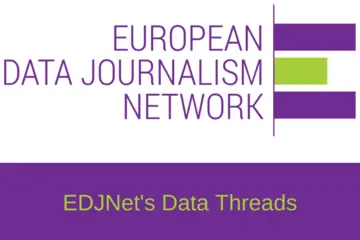
Start date: 01/04/2023
End date: 31/03/2025
Funder: European Union
Operational unit: OBC Transeuropa
EDJNet – European Data Journalism Network
The European Data Journalism Network – EDJNet is a new data-driven endeavour aimed at supporting European journalists in the coverage of European issues, and at providing the general public with valuable editorial tools for better understanding Europe. EDJNet has been set up by a consortium of European media outlets led by Osservatorio Balcani e Caucaso Transeuropa (Italy) and VoxEurop (France). For three years, EDJNet transnational board will produce data-driven news in up to 12 languages, develop automated tools to increase newsrooms’ productivity and exploit existing data-driven resources, and provide tailored, on-demand advice on data-journalism applied to EU affairs. From October 2017, the content and services produced by EDJNet are available for free through a specific multilingual and open source website www.edjnet.eu, and on EDJNet partners’ own website.
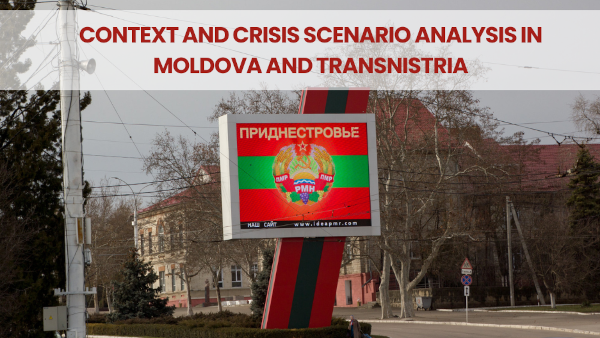
Start date: 01/10/2023
End date: 30/06/2024
Funder: MAECI
Operational unit: OBC Transeuropa
Context and crisis scenario analysis in Moldova and Transnistria
Transnistria is the longest-lasting ongoing protracted conflict in continental Europe. For more than thirty years after the violent events of 1992, this region internationally recognised as part of Moldova has been ruled by de facto authorities in Tiraspol without attracting much international attention. From the socio-economic point of view, stability in Transnistria has largely been enabled by considerable assistance offered by the Russian Federation through different means, including a scheme known as the “gas subsidy” which relies on Gazprom providing gas to the region effectively free of charge. Russia’s invasion of Ukraine, however, may well end up shaking irremediably some of the foundations that gave remarkable stability to the current arrangement. On 31 December 2024, the five-year deal that covers the transit of Russian gas through Ukraine towards Europe is due to end, and, in all likelihood, it won’t be renewed. An abrupt end to the Russia-sponsored gas supply would disrupt the prevalent socio-economic arrangements in Transnistria virtually overnight.
This project reports on conflict dynamics and offers context and scenario analyses in order to favour policies able to prevent crises, or at least mitigate their consequences.

Start date: 13/12/2023
End date: 15/12/2023
Funder: MAECI
Operational unit: OBC Transeuropa
EU-Balkan Youth Forum – second edition
From 13 to 15 December 2023, the second edition of the EU-Balkan Youth Forum will take place in Serbia, an event dedicated to young people from the European Union and the Western Balkans who will meet for three days in Novi Sad and try to answer the question "Western Balkans Future: how can YOUth shape Europe?”
On the initiative of the Ministry of Foreign Affairs and International Cooperation, the second edition of the Forum is organized by the Regional Cooperation Council (Sarajevo) with the support of OBCT.
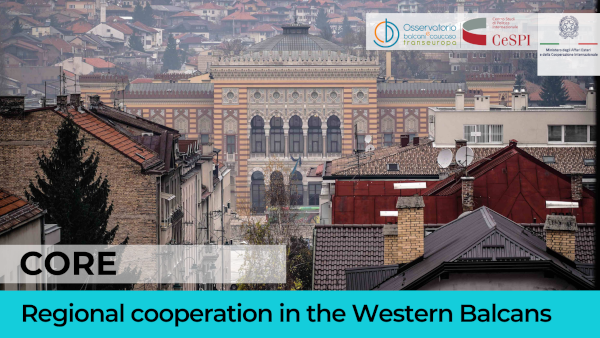
Start date: 01/09/2023
End date: 30/06/2024
Funder: MAECI
Operational unit: OBC Transeuropa
CORE: Regional Cooperation in the Western Balkans
Regional cooperation is a pillar of the stabilisation and association process of the Western Balkan countries, and has been considered as an opportunity to overcome the existing divisions between the civil societies in these countries. Over the past two decades, the number of regional cooperation initiatives has increased significantly, while the enlargement process has slowed down. The project seeks to improve the understanding of regional cooperation mechanisms and initiatives that contribute to the European integration agenda of the six Western Balkan countries, in order to be able to further strengthen the virtuous paths. The research work aims to identify and analyse the existing regional cooperation initiatives in the region, comparing them to the empirical analysis of the Berlin Process experience. In addition, the project intends to explore the reasons for the success of the Berlin Process and the role played by the political elites and the European Commission in realising its intended goals.

Start date: 01/11/2022
End date: 30/04/2024
Funder: InCE
Operational unit: OBC Transeuropa
Programming the EU Cohesion Policy: Exchange Program on Chapter 22 in Serbia and Montenegro
The project “Programming the EU Cohesion Policy: Exchange Program on Chapter 22 in Serbia and Montenegro” is financed by the Know-how Exchange Program – KEP program of the Central European Initiative (CEI) and will be implemented by the u.o. OBCT in cooperation with the “Massimo Severo Giannini” Institute for Studies on Regional, Federal and Autonomous Systems – National Research Council (ISSiRFA-CNR).
The objective is to contribute to the preparation of the two candidate countries for accession to the EU, in particular in terms of the implementation of European cohesion policy and the management of the related structural funds, aspects which require adequate administrative and financial management skills necessary for the planning and implementation of projects.
Start date: 01/10/2022
End date: 30/04/2023
Funder: MAECI
Operational unit: OBC Transeuropa
WESTERN BALKANS 2030: Accession, Regional Cooperation and Security
The Istituto Affari Internazionali (IAI) and the Osservatorio Balcani e Caucaso Transeuropa (OBCT), with the assistance and sponsorship of the Italian Ministry of Foreign Affairs and International Cooperation and under strategic partnership with the Compagnia di San Paolo Foundation, organised the high-level closed-door conference “New Visions for the Western Balkans: EU Accession and Regional Security”, held on 3 and 4 April 2023 at the Farnesina. The proceedings were opened by Antonio Tajani, Italian Deputy Prime Minister and Foreign Minister, and Tobias Billström, Minister of Foreign Affairs of Sweden, which holds the Presidency of the Council of the European Union. Speeches followed from the foreign ministers of the six Balkan countries, who provided insights for the debates and interventions by leading experts from international organisations, institutions and civil societies. Contributions ranged from the prospects for future integration of the region into the EU, to the progress of the regional integration process, and the security challenges of the region in the current geopolitical context.
Report of the conference “New Visions for the Western Balkans: EU Accession and Regional Security”, organised in Rome on 3-4 April 2023
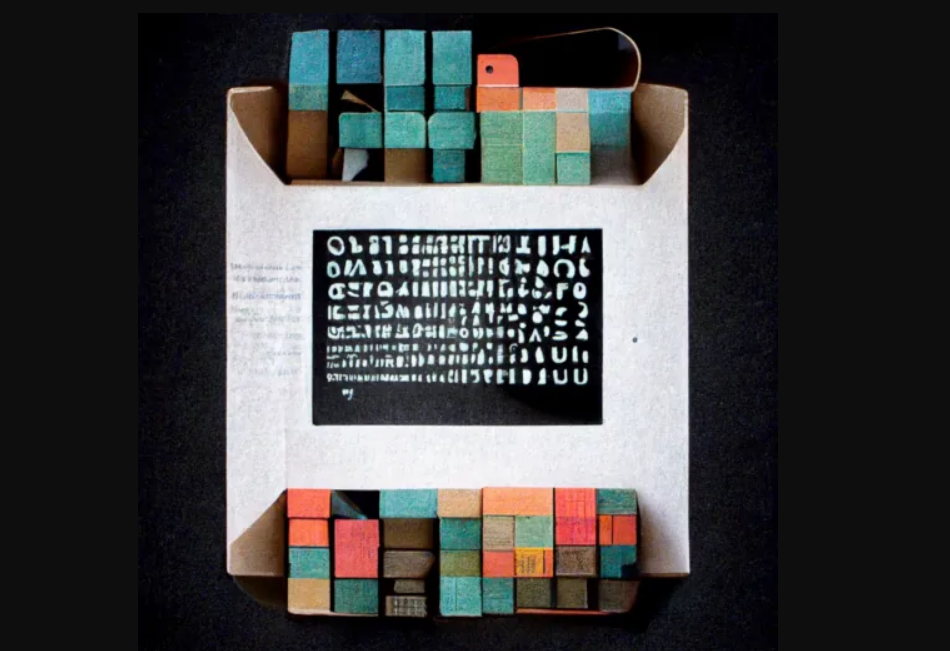
Start date: 01/09/2022
End date: 29/09/2023
Funder: MAECI
Operational unit: OBC Transeuropa
Text as data & data in the text
The research project builds on the growing practice of data processing based on textual analysis. Through this methodology, it aims to facilitate the provision of structured analyses of online content related to conflicts in the post-Soviet area by granting access to tools and datasets on the topic. Focusing on the current conflict situation, the project seeks to gather data useful for more informed analyses of ongoing dynamics and the situation in areas of Ukraine not controlled by Kyiv, using text mining techniques. Another objective of the project is to disseminate systematic analysis methodologies of online sources in conflict contexts among researchers. In pursuing its goals, the project will produce dataset publications, technical reports, posts and short articles, presentations, and a proposal for a scientific publication on the subject. The project is funded by MAECI.

Start date: 01/10/2022
End date: 15/02/2023
Funder: Fondazione Caritro
Operational unit: OBC Transeuropa
Grande Guerra: L’Europa in Trentino e l’incontro con l’Altro
The project, supported by the Caritro Foundation, aims to explore a particular historical experience of encounters between Trentino and Southeastern and Central-Eastern Europe. The testimonies of World War I in Trentino are rich in relationships with people from distant lands, bringing diverse languages, cultures, and religions, who were transferred to the Italian-Austrian front as soldiers, workers, and prisoners of war. The project seeks to recover the memory of these encounters to enhance awareness of the opportunities and complexities that have shaped the history of European multiculturalism. It particularly focuses on the relationships established with Bosnian soldiers of the Austro-Hungarian army and, building on a previous OBC Transeuropa project, with Russian, Serbian, and Romanian prisoners of war who inhabited the Trentino valleys by the thousands during those years. Overall, the project intends to consolidate more open and inclusive approaches to the experience of World War I, highlighting transnational contacts, connections, and shared experiences while combining different scales of analysis.
See the page (ITA): Grande Guerra L Europa in Trentino e l incontro con l Altro



